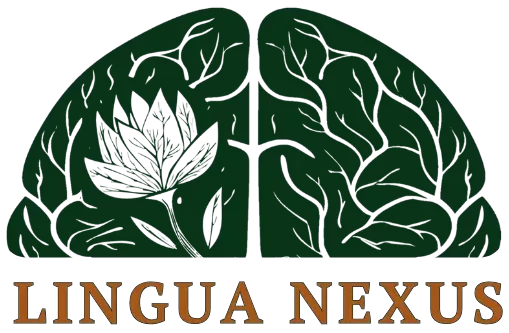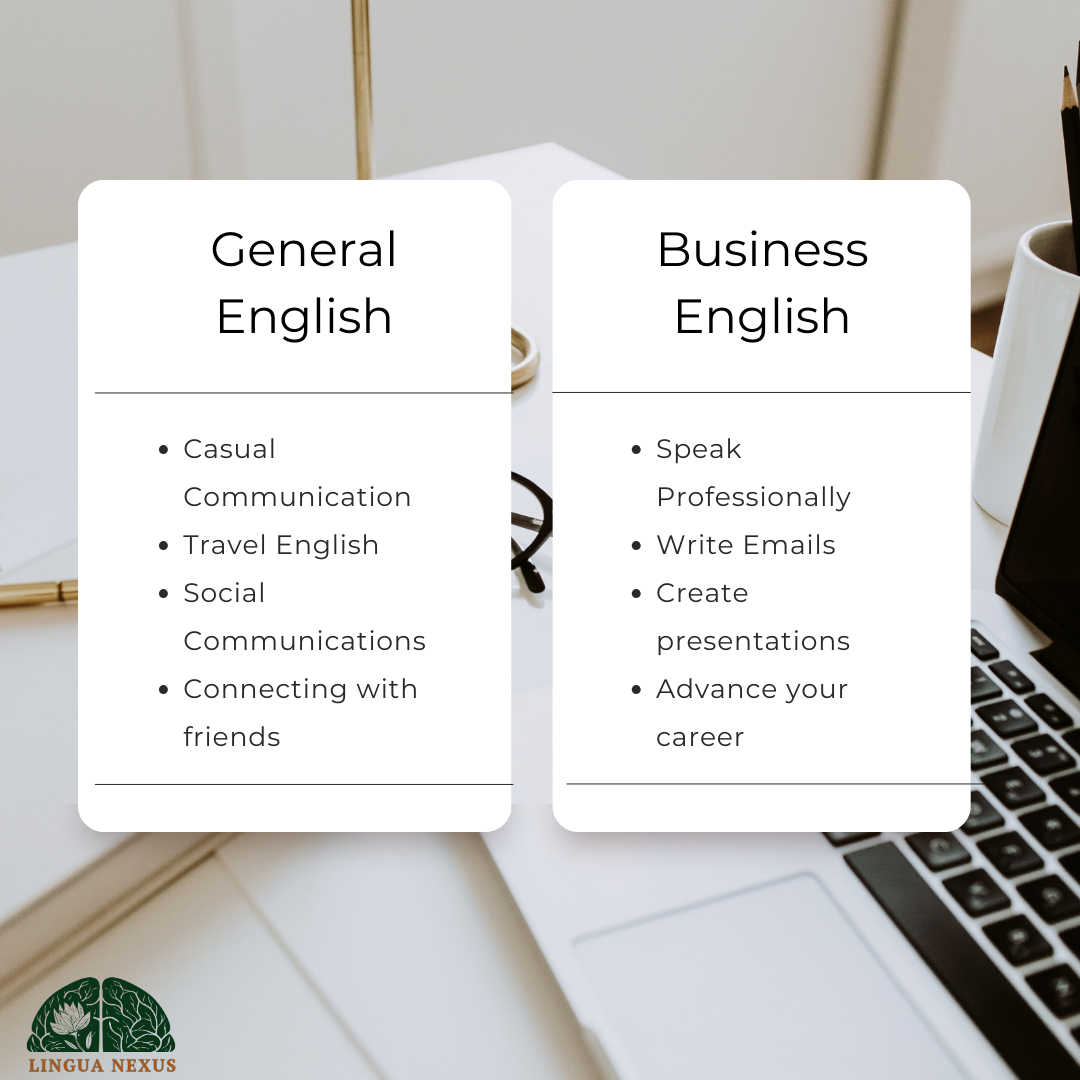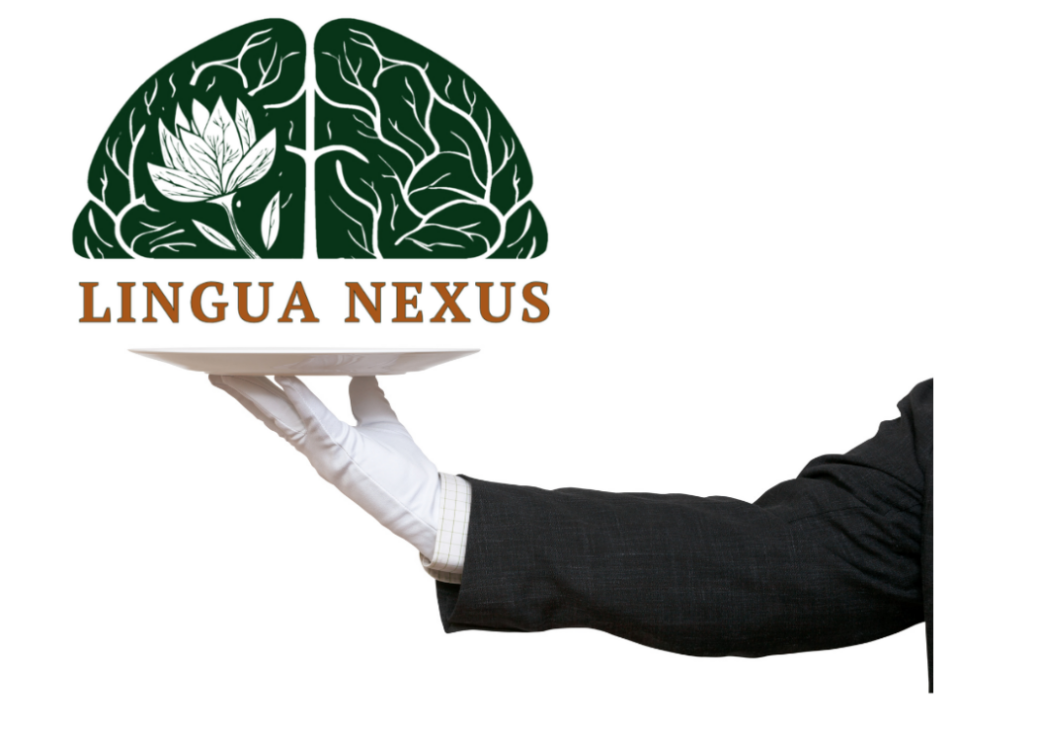FUNNY: 7 Most Common Questions about Dutch Language and People!
1. Want to know when to use de or het in Dutch?
This is by far the most popular question when it comes to learning Dutch: when to use de or het? The Dutch articles are amongst many Dutch learners favorite nightmares. Some argue there are no rules. Some promote little booklets with guidelines as if they found the new Holy Book. The truth is indeed that you have to learn Dutch and memorise the nouns with the articles. That is how we all learnt it. And however skilled of an expat you might be, this same pain is what you have to endure if you ever want to be taken seriously when using Dutch. NO EXCUSES. Download the free e-book version of this LDO article here.
In terms of guidelines for de and het, this one might be the most popular: most professions in Dutch go with the article ‘de’:
- De arts = the doctor
- De brandweerman = the fireman
- De psycholoog = the shrink
- De verkoper = the salesperson
- etc.
The second guideline covers the languages. All languages in Dutch go with ‘het’:
- Het Nederlands = the Dutch (language)
- Het Spaans = the Spanish (language)
- Het Frans = the French (language)
- etc.
The third guideline covers materials, fabrics and metals. Most of these also go with het:
- Het goud = the gold
- Het zilver = the silver
- Het katoen = the cotton
- Het hout = the wood
- Het marmer = the marble
- Het beton = the concrete
- etc.
Exceptions here are for example the wool (de wol) and the stone (de and het steen).
The next guideline that will help you to determine when to use de or het in Dutch covers the sports and games in Dutch. The poker for example is het poker in Dutch, just like another card game we like to play alot: het pesten (= most similar to Crazy Eights).
Some other examples of games and sports that go with het:
- Het schaken = the chess
- Het voetbal = the soccer
- Het tennis = the tennis
- Het worstelen = the wrestling
- exception: DE yoga
Colours with het:
- Het donkerblauw = the dark blue
- Het rood = the red
- Het dieprood = the deep red
- Het oranje = the orange (could also be referring to the Dutch national soccer team though)
Verbal nouns also with the article het:
- Het werken = the work; the working
- Het lopen = the walking
- Het zoeken = the search; the searching
- etc
Wind directions with het:
- Het noorden = the north
- Het zuiden = the south
- Het westen = the west
- Het oosten = the east
Groente en fruit mostly with de (but it’s het fruit):
- De appel = the apple
- De banaan = the banana
- De sinaasappel = the orange
- etc

Trees, flowers and plants also go with the article de – but with 5 exceptions like het oerwoud, het bos, het weiland, het veld and het gras:
- De roos = the rose
- De tulp = the tulip
- De zonnebloem = the sunflower
- De denneboom = the pine tree
- De eik = the oak
- etc.
Names of rivers and mountains/hills mostly go with ‘de’:
- De Nijl = the Nile
- De Alpen = The Alps
- De Ardennen = The Ardennes
- De Nanga Parbat = The Nanga Parbat
- etc.
Numbers and letters also go with de:
- De één = the one
- De twee = the two
- De drie = the three
- De G = the G
- De H = the H
- De Z = the Z
All means of transportation also go with the article de, with the big exception of het vliegtuig (=the airplane):
- De tram = the tram
- De fiets = the bike
- De bus = the bus
- De auto = the car
- De scooter = the scooter
And that’s about it in terms of guidelines for the Dutch articles!
Although these guidelines are helpful, you can see most of them are just that: guidelines – not HARD rules. And they do not cover (at all) most of the words we have in the overall Dutch vocabulary. So in the end the way to master de and het is to simply go all out and study, read, listen to the Dutch nouns WITH the articles!
There are some cheat codes we always share with our students though. For example – the definite plural in Dutch ALWAYS goes with the article ‘de’:
- De jongens = the boys
- De auto’s = the cars
- De huizen = the houses
- De bananen = the banana’s
- De boeken = the books
Another cheat code we like is just to always use the diminutive. ‘Wait, what is a diminutive?’. Yes – that simply is the smaller version of something. This smaller version of the noun is formed by adding -je at the end of the word. For example:
- Meid becomes meisje = little girl (actually)
- Jongen becomes jongetje = small boy
- Auto becomes autootje = small car
- etc.
The best way to master de and het in Dutch is to immerse yourself in Dutch language and culture. Just talk to Dutch people, read the Dutch news, listen to Dutch radio and television (you can start with the best Dutch Netflix series here!) and read new Dutch books every week. A subscription at the ‘bibliotheek’ might be your best investment yet!

2. Can you learn Dutch on Duolingo?
You could learn some Dutch on this famous language learning app. But will this have the same effect as an experienced teacher? In the end, you have to speak with actual human beings in Dutch – not screens, right?
The best way to learn any language is immersion, as mentioned in the previous answer, too. But what actually is immersion?
In Dutch we at LearnDutchOnline.nl would explain language immersion something like this:
‘Het onderdompelen van jezelf in de taal en de bijbehorende cultuur, op intensieve, natuurlijke en bij jou passende wijze’
Meaning: ‘the submersion of yourself in the language and its respective culture, in an intensive, natural and suitable-for-you manner’. Obviously, this submersion of your in the Dutch language and culture cannot be reached by using an app alone. Right? Here are some tips on how to actually immerse yourself in Dutch:
First of all: speak from day one.
One of the tried-and-true methods we at LDO believe in is speaking Dutch from the moment you decide to learn the language. Don’t hesitate, don’t be afraid. Just do it. And realize this is how kids learn languages too. Lightning fast. They just listen, read, speak, make mistakes, learn. And repeat. One of the most famous Dutch learning method – that we at LearnDutchOnline.nl obviously also let you enjoy – is based on this principle. And trust us: it works!
So start speaking Dutch. Now!
Secondly: Dutchify your home by Creating a Home Immersion System!
It’s possible to create an immersive environment at home. Example: you can use social media to immerse yourself at home. You can also use social media to find communities to chat with in Dutch, online or in real life.
Switching your phone’s language to Dutch or watching Dutch shows will help you achieve an immersive experience, too.
Finally: online teachers are one of the best ways (wink wink) to get great-quality speaking practice from home. Your brain is already a perfect vocabulary learning machine. And there’s a scientifically proven best way to learn Dutch: through context.
Use the best Dutch movies to create an immersive environment at home. So you can learn Dutch faster than ever!

Thirdly: Read a Lot of Dutch (books, news, blogs etc.)
Scientific research shows that reading greatly improves your vocabulary skills. Read Dutch everyday to get better at building expectations about Dutch word combinations, so you can build a picture of which kinds of words normally appear together.
Do choose resources that are right for your level. Otherwise it can be difficult to figure out what new Dutch words mean from the context. And it’s frustrating if you have to stop every two minutes to look up a word, right?
Concluding: The Best Way to Learn Dutch (and any language)? Play Around With It!
The best way to learn a language on your own is going to depend on you. And to find your best way to learn, you’ll have to experiment with it!
Duolingo calls itself ‘the best way to learn a language’. But again, you can’t really learn a language from an app, since languages have to be spoken. With humans. In our experience as teachers of Dutch, some students can build a nice foundation of basic Dutch with Duolingo, but to be able to speak Dutch, practice with native speakers is an absolute must. Especially if you’re looking to speak Dutch fluently.
Download the ebook version of this post here, so you can learn Dutch on the go (FREE DOWNLOAD).
3. Is it worth learning Dutch?
If you live in the Netherlands or are planning to live here, is it a must to learn Dutch. Otherwise you’ll simply live in your own littel bubble and wont really know whats actually happening around you, or in the Netherlands!
Other than that, it is a personal questions too: are you doing the inburgering or the staatsexamen? Do you want to improve your chances on the job market? Do you have a Dutch partner? If you answer one or more of these questiosn with YES – then YES, is it worth learning Dutch for you!
As soon as you seriously start to learn Dutch, you’ll learn ALOT more about Dutch culture and the Netherlands. For example – have you heard about the heavily debated – and now finally changed – character of black pete? The supposed ‘helper’ of the Dutch Santa Clause? Or even ‘the toeslagenaffaire’? Not to be negative, but these are recent developments crucial for Dutch society, culture and identity that probably went over your head if you’re an average expat in Holland. Because you don’t know enough Dutch. At least, not yet. You could always change that, within mere seconds.
So it’s up to you: do you want the most value from your adventure in the Netherlands? The full Dutch ride as an expat here? Then learning Dutch is absolutely worth it!

Protect yourself online with award-winning VPN software.
4. Is Dutch a useful language to learn?
Is Dutch Arabic? English? French? Or Spanish? Obviously not! Dutch is spoken in just a few countries, countries you probably never heard of and don’t care too much about. But still, these are amazing places you probably wished you knew earlier of. Countries like Suriname or the Dutch Antilles. With their amazing food and people from an amazing melting pot of cultures, civilizations and religions.
Learning Dutch can therefore open many doors to these cultures and people you would otherwise never have known.
Not only that – learning Dutch will give the most benefits of the location of the Netherlands, with quite a central location in the world. This will do wonders for your career, business and personal life. You then get acces to all the means of transportation, the harbour, the Dutch work force, researchers – you name it. Everything becomes easier when you learn Dutch (probably also because it’s so hard and hard to listen to especially; if you can learn Dutch, you should be able to do anything, right?)
Learn Dutch Fast and Easy – 1 on 1 Online Dutch Lessons
5. How to learn Dutch online?
Is this a serious question? If you go for an online Dutch course from LearnDutchOnline.nl, you’ll not only benefit from 12 years of Dutch teaching experience, but also from our Golden Money-Back Guarantee. This means you can get a full refund if you somehow don’t reach your goals with your LDO Dutch course!
But: is it easy to learn Dutch? Learning Dutch is as easy as you make it, and at LearnDutchOnline.nl you’ll quickly find we know exactly how to make learning Dutch easy and fun for you. So you can pass your inburgering, start using Dutch at work or speak Dutch with your favorite Dutchies – fast!
Looking for Dutch lessons, online? Look no further! Learn Dutch online for inburgering and to be able to work in Dutch. LearnDutchOnline.nl always has the best way to learn Dutch online for you. Sign up here for a fun and effective online Dutch course!
Enjoying reading about when to use de or het and other questions about Dutch? Want to know how to use ‘Er’ too? Go here!

6. Similarities between Dutch, Surinamese and Indonesian
Some original Dutch words are used in Bahasa Indonesia (in conversation):
- Setrap (from Strafen) = to punish. The punishment is to stand in front of classroom or to stand out of classroom. e.g. Murid itu disetrap (The student is punished)
- Maag, for example “Dia sakit maag” (He has a stomachache)
- Dag dag (Bye bye): Many Indonesian people pronounce it “Da da”
- Klaar (Indonesian: “Kelar” = finished)
- Gratis (free)
- Pannenkoek (Indonesian: Panekuk)
- Te laat (Indonesian: “Telat” = “Terlambat” = late)
Words used in Dutch (slang) that are from Surinamese:
- Mattie (=friend)
- Faja (=fire)
- Kaolo (=lit. asshole; used to emphasize, considered vulgar and rude)
- Avu (= half)
Dutch is still a national language in Surinam, because Surinam was a colony of ours not too long ago. Many Dutch words are therefore automatically used througout the many other languages of the country – of which SrananTongo is the main one.
7. Where to learn Dutch online?
The COVID-19 pandemic sparked online language learning. Now, you can learn Dutch online atalmost every Dutch language academy. And that’s where LearnDutchOnline.nl stands out; if you choose to learn Dutch with us, you’re choosing to learn Dutch at the first online Dutch school ever! We’ve been teaching Dutch online long before working from home was a thing, so you’ll enjoy streamlined Dutch lessons here, that are optimized for engagement and effectiveness.
So while you can learn Dutch online somewhere else, at LearnDutchOnline.nl you can learn Dutch online FASTER, SMARTER and OFFICIAL. We have been teaching Dutch for over 12 years with experience gained at Dutch high schools, universities, media, tutoring and more. We started out in international Amsterdam and have been teaching in Amstelveen, Utrecht, Rotterdam and Eindhoven physically too. That’s why we know EXACTLY how to teach Dutch to a skilled expat like yourself!
Ready and convinced? Then pick a course that meets your preferences, and always get your course materials, exams and certification for FREE. Or schedule your free intake here now! Download the FREE ebook version of this article here, so you can study Dutch from your favorite teachers everywhere!
In part 2 of this series, you’ll get the answers to the following questions:
- What are funny mistakes in Dutch? Dirty words and ‘scheldwoorden’ in Dutch!
- What are typical Dutch words? How can you talk like the Dutch? (gewoon, maar, lekker, even en nou)
- Is it easy to learn Dutch?
- How to use ‘Er’ in Dutch?
- and a lot more..So stay tuned!
Did you know the LDO Blog is nr. 2 in the list of most popular blogs on learning Dutch? Check out the list by Feedspot here!
Want to read more like this? Go here. If you want to know if a Dutch course at LearnDutchOnline.nl is for you, just click here..



